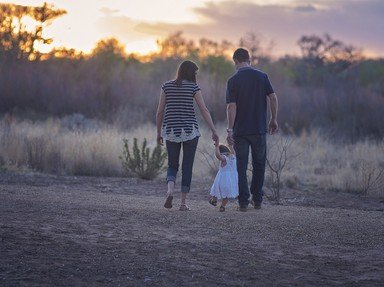Quiz Answer Key and Fun Facts
1. The toll free phone number for the National Domestic Violence Hotline is ______ .
2. The US National Domestic Violence Hotline is available to victims' calls from 8 a.m. - 5 p.m. Monday through Friday, excluding holidays.
3. What services does the National Domestic Violence Hotline provide?
4. Battered women's shelters provide _________ .
5. The first place that an escaping victim should run to is her family or friends' homes.
6. When planning an escape, the victim should hide away
7. Other things she should take with her in her escape are _________
8. More things she should take with her in her escape are _________
9. Shelters are dirty, confusing places where women are left to deal with their DV issues on their own.
10. A victim should always tell her abuser that she is leaving him.
11. Important documents like drivers licenses, social security cards, birth certificates, divorce papers, welfare documents, etc. are irreplaceable and a victim and her children will not be accepted into a shelter without them.
12. A woman in shelter should tell NO ONE where she is, including her best friend and her mother.
13. If possible, the victim should make a paper trail of the abuse, such as ____________
14. Shelters make the residents do all the work and charge them for staying in the shelter. If they don't pay, they don't stay.
15. Most battered women's shelters cannot accept male children over the age of 13.
Source: Author
frostwoman
This quiz was reviewed by FunTrivia editor
crisw before going online.
Any errors found in FunTrivia content are routinely corrected through our feedback system.

